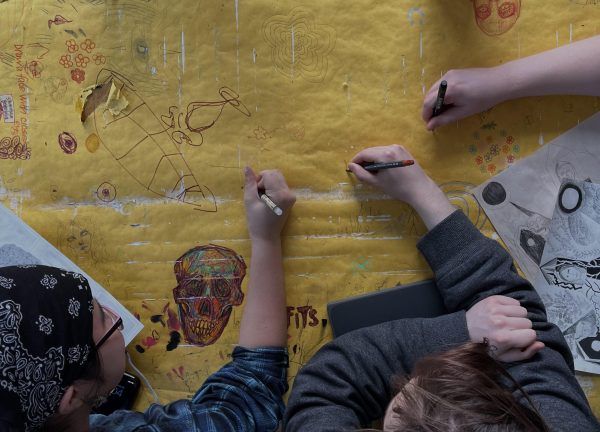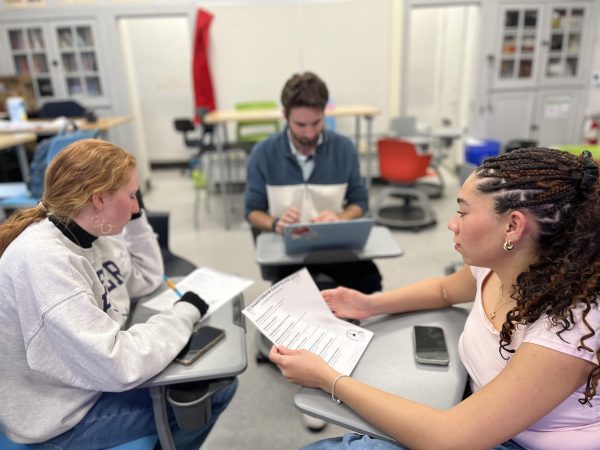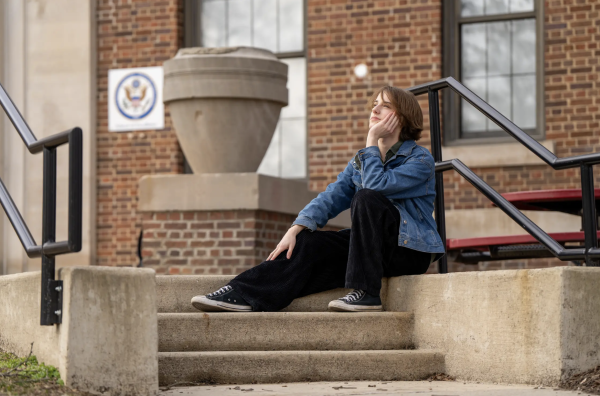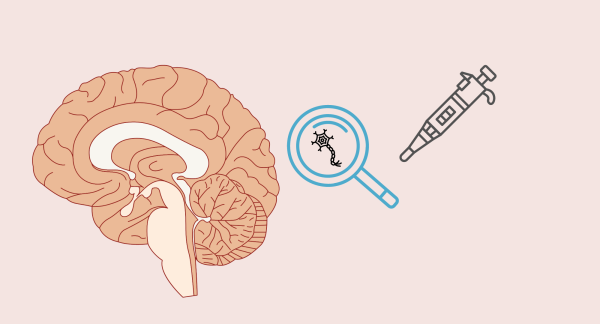When In Doubt, Choose “C”
I walked into the testing center half an hour earlier than instructed. Met by an administrator who stood up to my shoulders, I told her my name.
“Noah … my name is Noah Bernstein,” I said, pointing at my profile in the midst of dozens of sheets plastered to the lockers. “I think I’m right here. Here’s my ticket and ID if you need them.”
“Yep, there you are,” she said, as her mask slid uncomfortably low. “Walk down to hallway C and your room should be number 27. It’s on the right.”
I thanked her and reviewed my mental checklist one last time. I would have 45 minutes for the English section followed by 60 for math, then on to reading and science, both 35 minutes each, and I’d finish with a 40-minute essay.
The squeak of my wet shoes on the tile faded to background noise as I focused exclusively on the task at hand. I was just minutes away from the culmination of months of studying, a task which became more uncertain week over week.
The beginning of the process was obscured by most colleges becoming entirely test-optional. And nearly six months later, I walked into the school only days after the College Board’s announcement to suspend all future subject and essay tests. All the while, I watched my practice scores improve as their value decreased — this degradation confused me.
I was torn between the equally as understandable but mutually exclusive narratives surrounding standardized tests. The first — more encouraging of the two — was that the ACT could only measure my ability to take the ACT, not my intelligence nor my character. But the second — more realistic take — was that the same, limited metric would somehow determine where I go to college.
I was so torn, in fact, that I couldn’t find hallway C.
Instead, I found myself in a dark hallway. The only light filtered through the windows and glanced off the double doors that were locked shut.
But being late was not an option. Tardiness in any form was a pet peeve of mine, and being late to a standardized test felt like being late to a job interview, a catastrophe. Surrounded by unpopulated classrooms in an unfamiliar school, my mind switched gears and sped off — in the wrong direction.
“What if being late distracts me? What if I lose time on the test? Why did I spend months preparing for this? As a matter of fact, why am I even taking the test?”
Disillusioned, I spun around with my footsteps falling quicker and quicker until, finally, I burst back into the main hallway. Looking right then left, I retraced my steps and eventually stumbled upon the correct room. There, a proctor requested my registration.
“Can I see your ID and testing document,” she asked.
“Yep, one sec,” I said as I fumbled my calculator.
“Okay, you’re all good to go. You’re at desk number 2. Good luck!”
As she laid out the 215-question packet in front of me, I knew I’d need all the luck I could get.




















